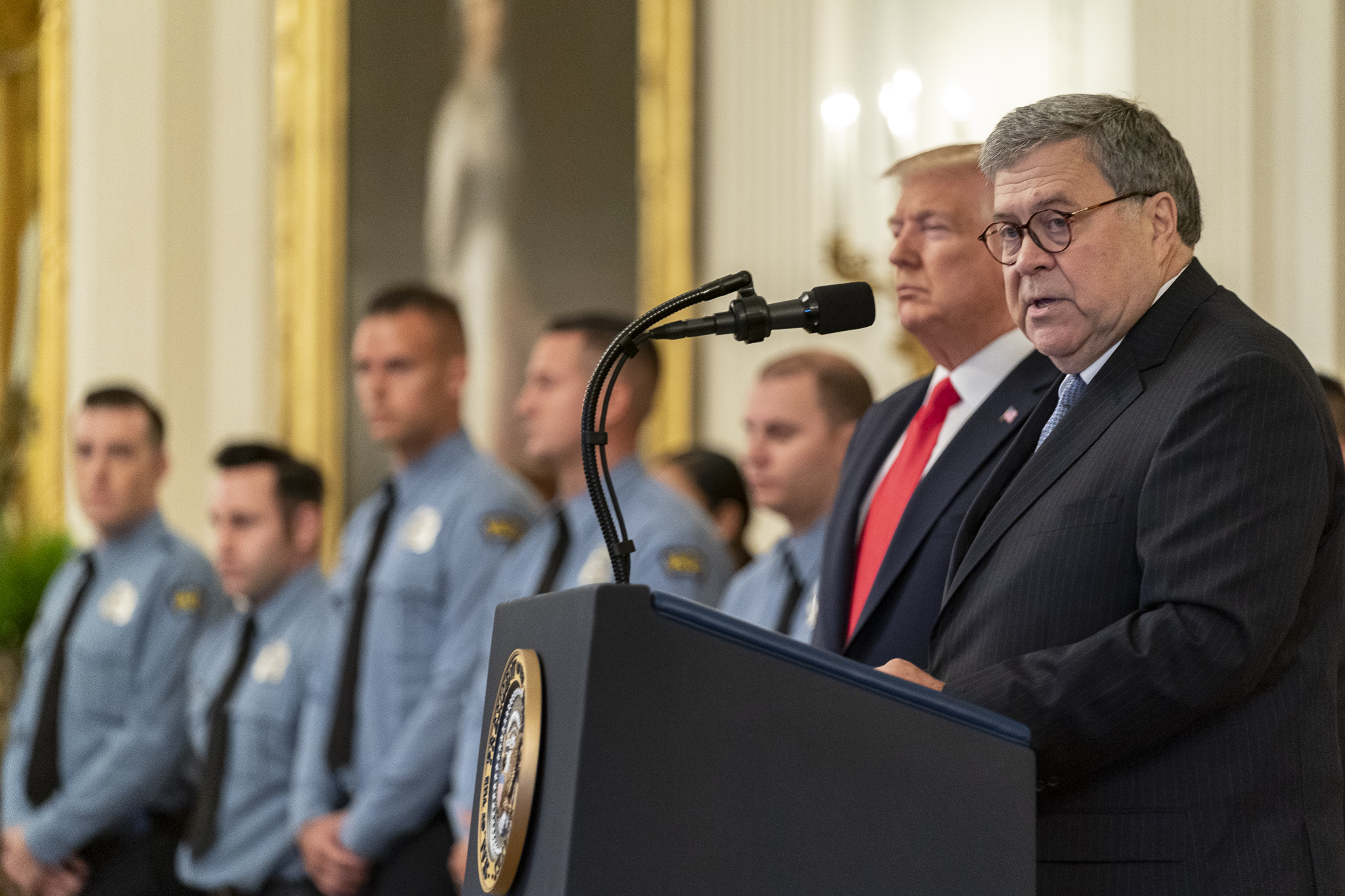Today's Headlines and Commentary
The United Nations has suspended the Syrian peace talks and urged the nations fueling the conflict to do more to yield better results. Staffan De Mistura, the U.N. mediator, emphasized that the stalled plan is not “the end or the failure of the talks,” but asserted that the U.N.
Published by The Lawfare Institute
in Cooperation With

The United Nations has suspended the Syrian peace talks and urged the nations fueling the conflict to do more to yield better results. Staffan De Mistura, the U.N. mediator, emphasized that the stalled plan is not “the end or the failure of the talks,” but asserted that the U.N. was not prepared to “have talks for the sake of talks,” suggesting that the Assad government’s failure to alleviate the humanitarian crisis in Syria prevented any serious discussions between the parties involved. The peace negotiations are set to resume no later than February 25th, according to the New York Times.
Earlier today, French Foreign Minister Laurent Fabius accused the Assad government of “torpedoing the peace efforts” while U.S. Secretary of State John Kerry said that the regimes recent assault on Aleppo, backed by Russian airstrikes, “signalled the intention to seek a military solution rather than enable a political one.”
Senior commanders of the Islamic State are flooding into Libya, viewing the north African country as a safe haven from the violence in Iraq and Syria. The BBC shares that, according to a top Libyan official, foreign fighters are arriving in increasing numbers in the city of Sirte. The Pentagon now estimates that there are somewhere between 5,000 and 6,500 ISIS fighters in Libya. Rival factions in Libya have so far proven unable to effectively challenge the group, giving it space to grow in both power and influence, according to the Wall Street Journal.
And as the U.N. reconciliation process stalls, the United States grows increasingly concerned about developments on the ground. Eric Schmitt of the Times writes that some of President Barack Obama’s top national security advisers are pushing him to open another front against ISIS in the country. The Times notes that while President Obama has told his aides to double down on efforts to solidify a unity government in Libya, he has also requested that the Pentagon begin preparing options for action, including airstrikes, special operations raids, and making contact with militias and potential partners on the ground.
Reuters reports that the United States will take action in Libya to combat Islamic State “if needed.” White House Press Secretary Josh Earnest told reporters on Wednesday that “if there is a need for the United States to take unilateral action to protect the American people, the president won’t hesitate to do that.”
According the the Pentagon, the United States has all the weapons it needs for its campaign against the Islamic State, even if its munitions are running low. The statement follows Defense Secretary Ash Carter’s remarks that supplies are beginning to dwindle in light of the fight against the Islamic State.
Iraq is attempting to counter the Islamic State’s presence on the Internet. Reuters tells us that Iraq is trying to persuade satellite firms to cease Internet service in areas under Islamic State control as a means of limiting the group’s ability to push out propaganda; however, the move would also eliminate Internet access for civilians trapped under ISIS’s rule.
How can we keep out the Islamic State? Build a wall, of course. Turkey has begun to install concrete walls across its stretch of border facing Syrian territory under Islamic State control. Baghdad has also jumped on the trend and announced that a wall and a trench are being built around the city in order to prevent militant attacks.
The Associated Press reports that Jalal Baliedy, the leader of al Qaeda in the Arabian Peninsula (AQAP), was killed in a drone strike overnight in Yemen’s southern province of Abin. Reuters writes that the Baliedy was killed by a U.S. drone strike while he was traveling in a car with two other militants.
Should the U.S. Secretary of State be deeming certain religious groups “apostates”? Probably not, at least that's the Washington Post's opinion. Speaking in Rome on Tuesday, Secretary Kerry stated “Daesh is in fact nothing more than a mixture of killers, of kidnappers, of criminals, of thugs, of adventurers, of smugglers and thieves. And they are also above all other apostates…” However the term is usually used by extremist groups to justify their attacks against fellow Muslims, who they believe have renounced and abandoned their religion. The Washington Post has more on Kerry’s eyebrow-raising word choices.
Parting Shot: The Wall Street Journal wisely advises us today, “Don’t Be Hacker Bait.” If you’re not totally up-to-date on your cybersecurity, check out this quick one-hour security drill.
ICYMI: Yesterday, on Lawfare
Jack and Ben posted an invitation to the next Hoover Book Soiree at which Jack will interview Orde Kittrie on his new book, Lawfare: Law as a Weapon of War. Maj. Gen. Charles Dunlap, Jr. will also appear on the panel.
Cody shared D.C. District Judge Christopher R. Cooper’s opinion denying Ahmed Abu Khattala’s appeal to be allowed to return to Libya and be spared the death penalty.
Cameron Kerry and Christopher Eiswerth compared the legal orders for privacy and data protection in the E.U. and U.S., finding them “essentially equivalent.”
Susan pointed out Apple’s “going dark doublespeak,” noting that the tech giant is taking contradictory positions on encryption in the United States and the United Kingdom.
Carrie Cordero asked whether there is a national security-law enforcement divide on going dark.
Andrew Woods shined light on the role of Camp Bucca in ISIS’s rise, suggesting that “the true cost of military occupations can only be measured across decades, not years.”
Paul provided some data on visa overstays.
Email the Roundup Team noteworthy law and security-related articles to include, and follow us on Twitter and Facebook for additional commentary on these issues. Sign up to receive Lawfare in your inbox. Visit our Events Calendar to learn about upcoming national security events, and check out relevant job openings on our Job Board.





